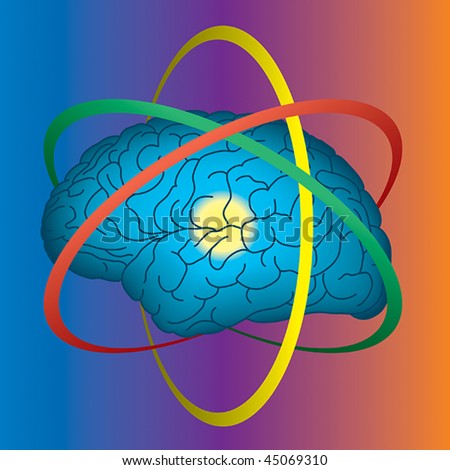 |
| Don't you doubt me. |
This is a post from June 2012 that was re-published when I was changing some things on the blog. I honestly don't know what happened; it suddenly appeared as the most recent post. Maybe someone needed to see this post today. If not a miracle, I must have hit "publish" by mistake. Oh well....enjoy.
Here is another insight inspired by Professor Ratzinger from his book Introduction to Christianity and the scripture verse, “When they saw him, they worshiped, but they doubted.” (Matthew 28:17).
I remember having a metaphysical discussion with a secular friend about morality. The question in play was, “Does morality actually exist?” He answered, “Yes, but it’s only a concept.” I paused a moment and said, “Are you comfortable teaching your kids that?” I could see the doubt creeping into his eyes as he answered, “No.”
Doubt is something we all relate to. From the Twelve who walked with Jesus, to some of the greatest saints, to the most orthodox atheist, doubt is a part of our reality. It would be very strange if a finite being with a finite mind never experienced doubt. In fact, I’d say having absolutely no doubts at all might be a clear sign of insanity.
Here are some thoughts paraphrased a
bit from Introduction to Christanity, chapter 1, Belief in the World of Today…
The rivalry between
doubt and belief, temptation and certainty exists for all of us. Perhaps this
way of doubt, which saves both sides from being shut up in their own worlds,
could become an avenue of communication. It prevents both sides from enjoying
complete satisfaction; it opens up the
believer to the doubter and the doubter to the believer. For one, it is his
way of sharing in the fate of the unbeliever; for the other, the form in which
belief remains a challenge to him.
Belief has an
adventurous “risk-leap” about it and it is helped by our own effort and will. Like
John the Baptist we ask, “Are you really He, or shall we look for another?” We
pose the question not only out of intellectual honesty & reason’s
responsibility, but also in accordance with the interior law of love, which
wants to know more and more about Him to whom it has given its “Yes”, so as to
be able to love Him more.
 |
| Are you really He? |



















